Coffee’s Union
Unions have a long history in America. They have been a political pressure point since the Industrial Revolution of the early 19th century. With massive corporations that employ an enormous percentage of Americans, the labor movement has never been stronger than it is now. The question of unionization is always a shadow presence, creeping behind every worker’s thoughts, that makes itself felt when a corporation tips the scales from protecting workers to focusing solely on profit.
Companies do need to make profits to increase research and development and invest in the future, however, it should not take priority over their employees’ well being. This fight between the company and the workers has almost always resulted in the form of persuasion that workers do best: strikes.
Strikes have a long and complicated history in America. Strikes were popularized by the national unions that spawned during the change from agrarian work and cottage industries to industrialized capitalism. At the start of the Industrial Revolution, nothing stopped businesses from exploiting the labor force, and a movement grew to demand equal rights for workers. Advances were made as factories and corporations alike slowly gave American workers improved working conditions.
As globalization took hold, these same manufacturing industries began migrating their factories to developing countries where industries could freely exploit workers without the repercussions labor unions fought to gain.
As we move through the 21st century, a new form of corporate exploitation has taken hold in America. Headlines depict the inhumane working conditions at places like Amazon, Walmart, and Apple. Most of us know about the sweatshops that massive companies have established in developing nations, but it may be a surprise to know that, even here, workers are not treated well.
This may feel like a far-off horror that would never affect a community like Hopewell Valley; however, one only has to look at the local Starbucks to see exactly how easily a company can mistreat its workers.
The Starbucks on 800 Denow Rd. has been a part of many Hopewell students’ lives. Students can be seen there getting a morning wake-up coffee or spending an afternoon studying. But underneath their glossy smiles, the baristas and workers have all experienced slashed pay and benefits. The baristas, sick of the unfair treatment, decided to be the first Starbucks in NJ to unionize. Their fight has been emulated in Hamilton and Summit as both store locations voted to unionize shortly after.
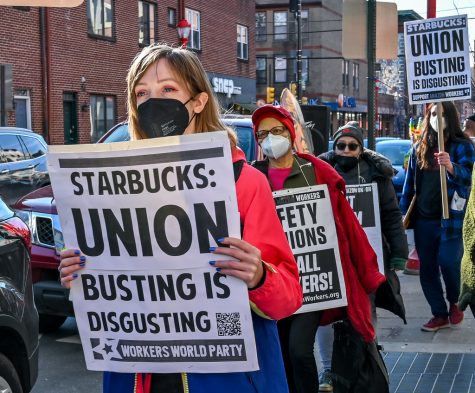
Starbucks is known as a “progressive” company, yet they practice many forms of union-busting. One barista talked about her experience of “classes” that taught her the detrimental effects of unions. Starbucks, by law, isn’t allowed to say that workers should not unionize, but they can give “informational” sessions on unions that are filled with misinformation. Starbucks is also known for firing union workers and closing unionized chains. This was a fear for the baristas in Hopewell as they knew how easy it was to lose their job.
Even with this pushback, though, the baristas of the Hopewell Starbucks voted unanimously to unionize. The baristas were inspired by other Starbucks employees unionizing in Buffalo and San Diego. In a letter sent to the previous CEO of Starbucks, Kevin Johnson, the baristas cited other stores that had unionized in defiance of the union-busting efforts by the corporation.
The response by Starbucks was silence. According to Ted Goldberg’s July 26, 2022 article in “NJ Spotlight News,” months went by after the workers voted to unionize in April. Starbucks did not offer any meeting to set up a union contract. Starbucks is required by law to set up a meeting between the workers, the company, and the National Labor Relations Board to implement a contract and date for unionizing. A barista, Hailey Kenney, claims that they have never had a conversation with the higher-ups of Starbucks to do anything about the vote. Experts in the labor field claim that this is a form of union busting. After all, a vote is not the final product, and when corporations stall, they can break up unions.
The baristas went on strike to no avail. Starbucks was not giving any headway, and conditions remained the same in Hopewell.
Meanwhile, the workers joined Starbucks Workers United to put their story out there. The AFL-CIO (The American Federation of Labor and Congress of Industrial Organizations), one of the largest labor unions in the country, helped out with the union vote and the steps that followed it.
And even in this time of struggle, the Hopewell employees were able to have a community that supported them. Phil Murphy, the governor of New Jersey, tweeted his support, stating, “They don’t deserve unfair pay and slashed hours.” Other political figures and organizations stood up for the Starbucks workers, too. Our Assemblyman, Anthony Verrelli, attended an event to show solidarity for the workers. Starbucks Workers United encouraged them through tweets and social media exposure.
Within Hopewell, it was a similar story. People went to the Hopewell Starbucks and ordered coffee under the names “Union Strong” or “Solidarity.” This amount of support was a relief to the workers as they were able to organize strikes and events without pushback from the community.
Finally, at the end of August, the Hopewell employees were able to meet with Starbucks and become unionized. Their struggle marks this perennial conflict between the working class and corporations and demonstrates how that struggle affects everyday lives, here in Hopewell. This conflict is not restricted to Hopewell Valley but parallels what is happening in hundreds of cities and towns across America.
This chain was lucky. For others, where support was not readily given, the unions were wiped out and stores were closed. It is important that whenever we see workers who aren’t able to support themselves and their loved ones or work in proper conditions, we support them.
Whenever you next order your favorite refreshment in Starbucks, think about how much effort and strife goes into a single cup and about the workers who tirelessly put their time into providing a living income for their families.

Vayun Tandon is a senior and a Managing Editor of the Bulldog Reporter. He is part of the Robotics team and loves to read and research theory...
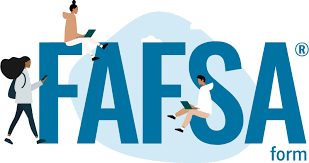
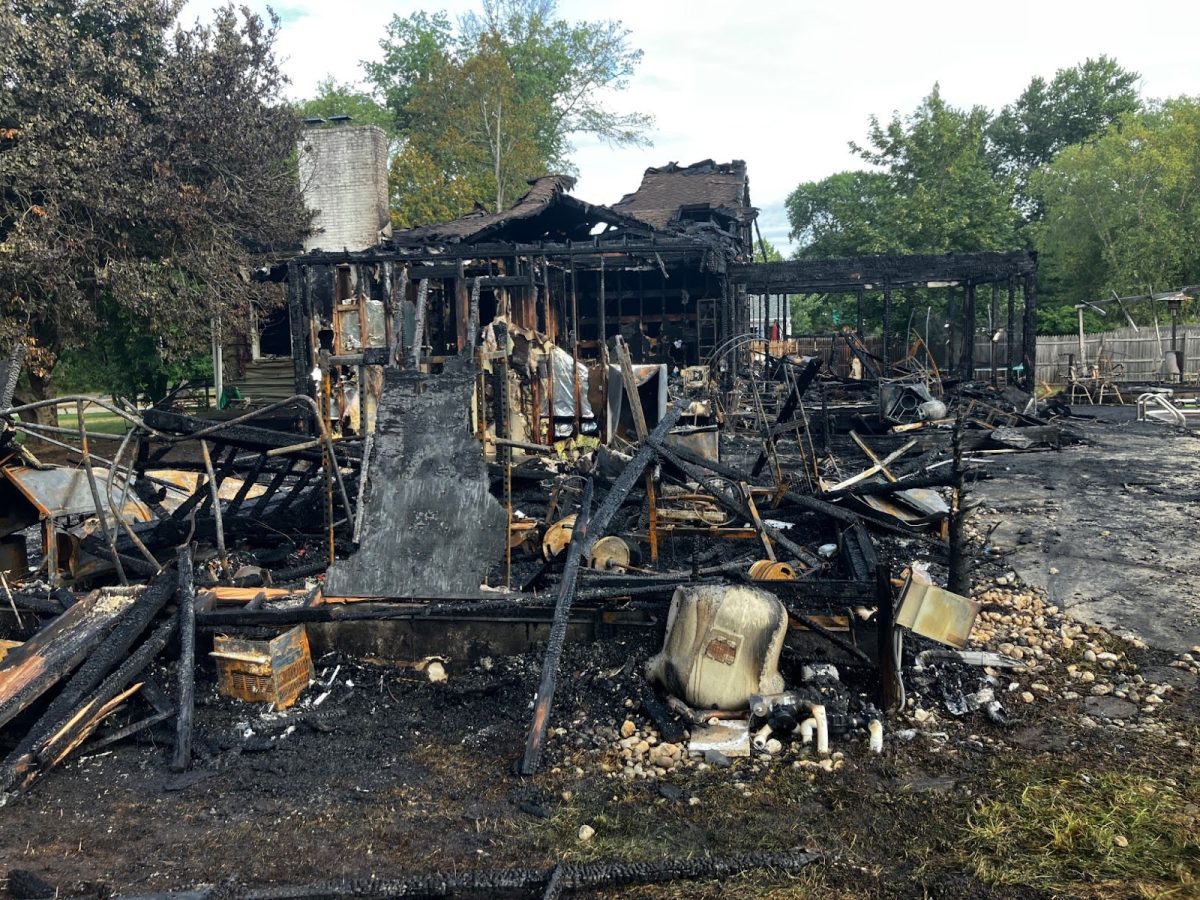




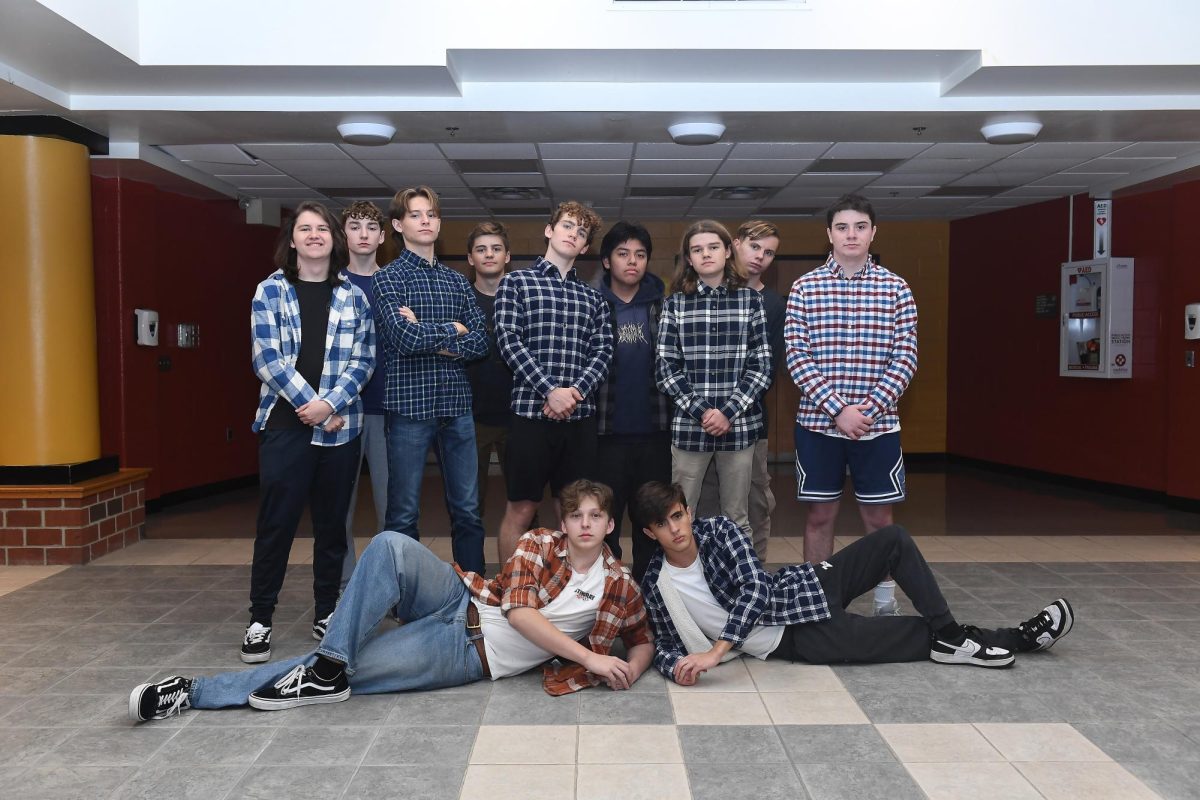

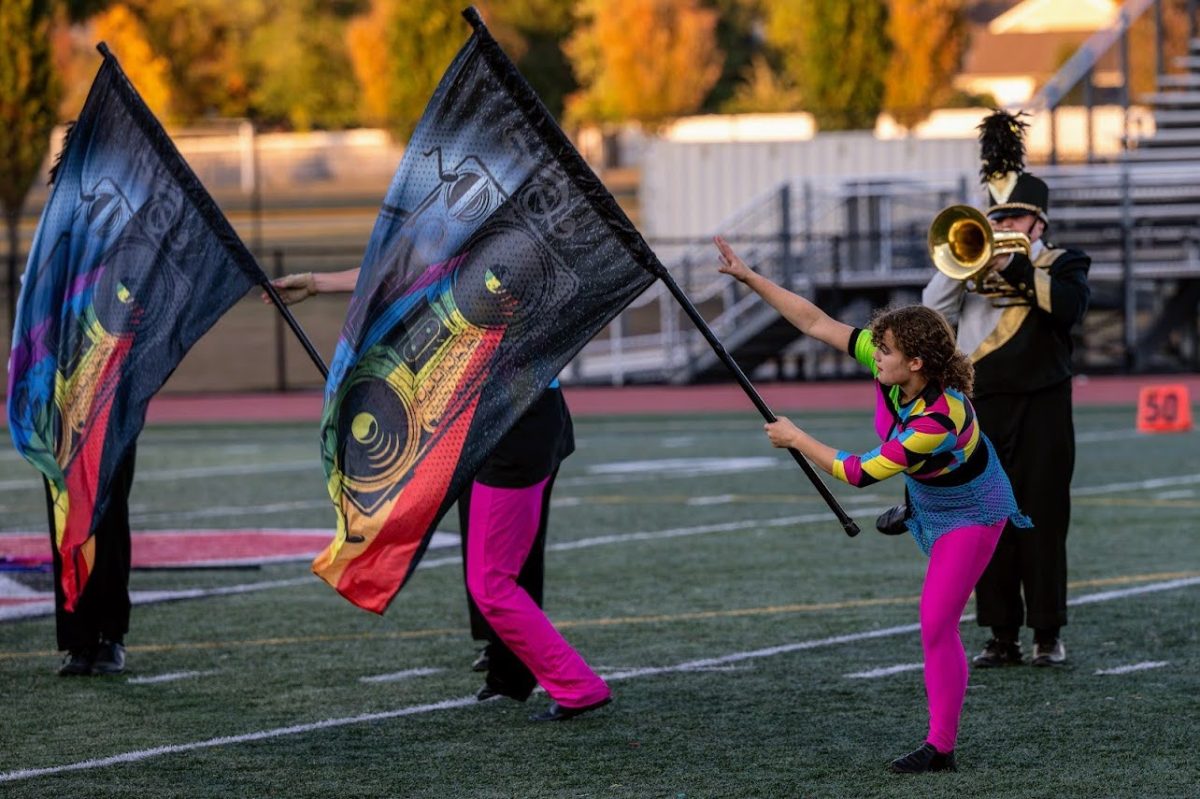

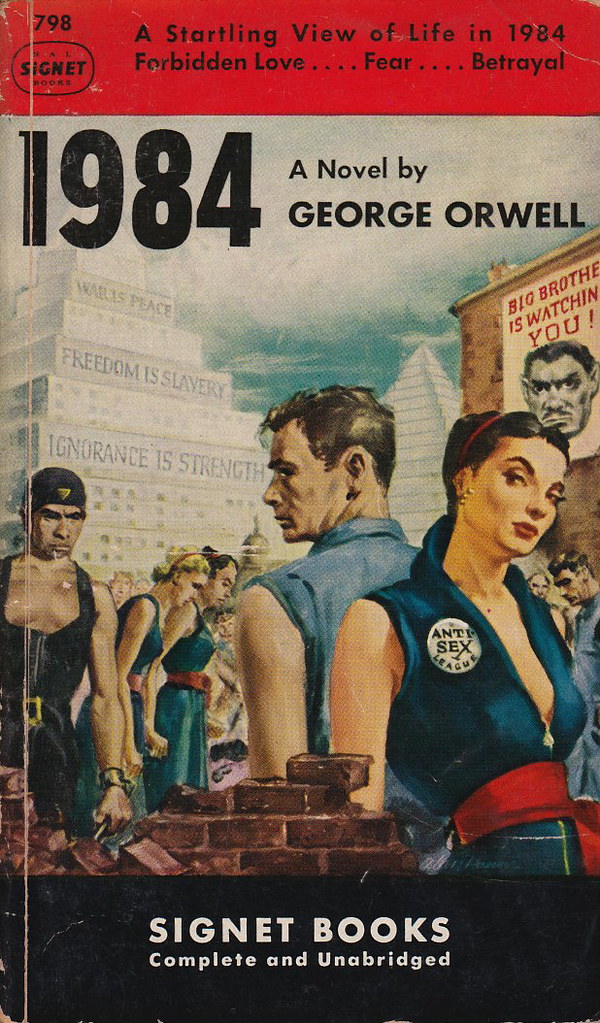
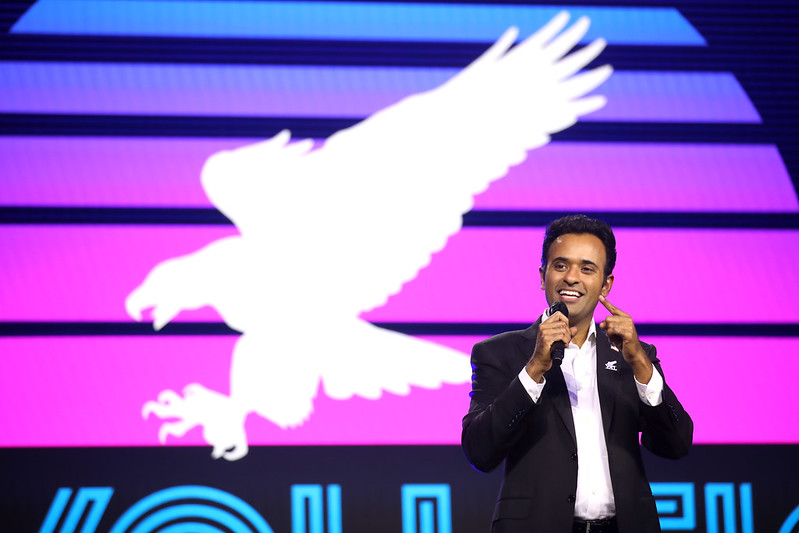



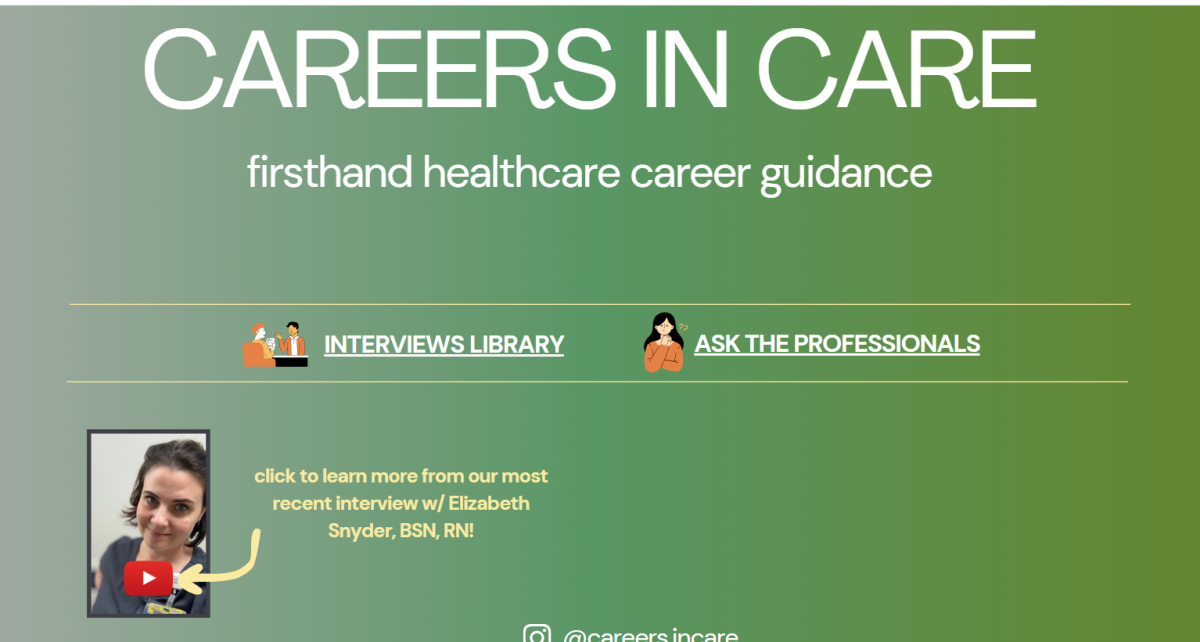
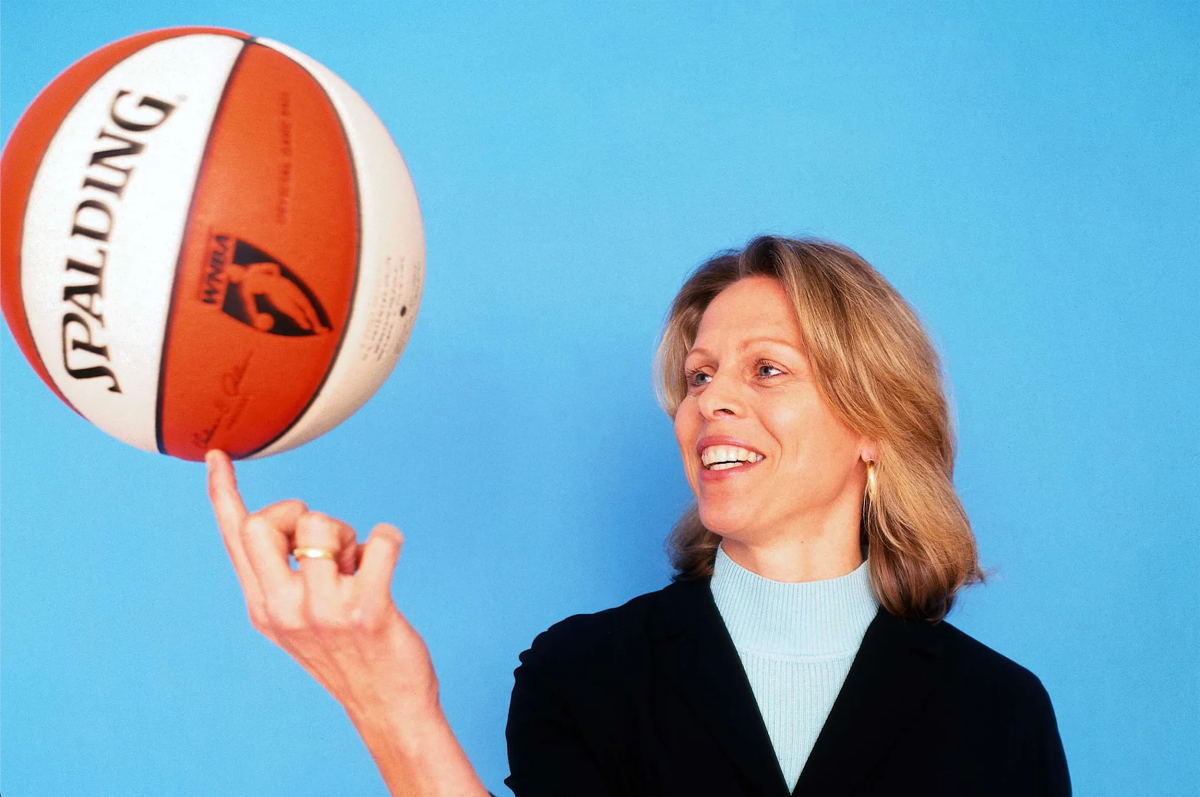



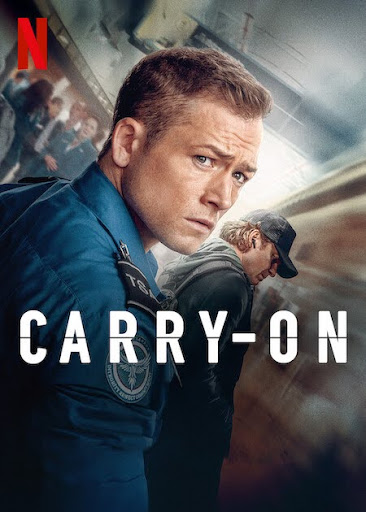
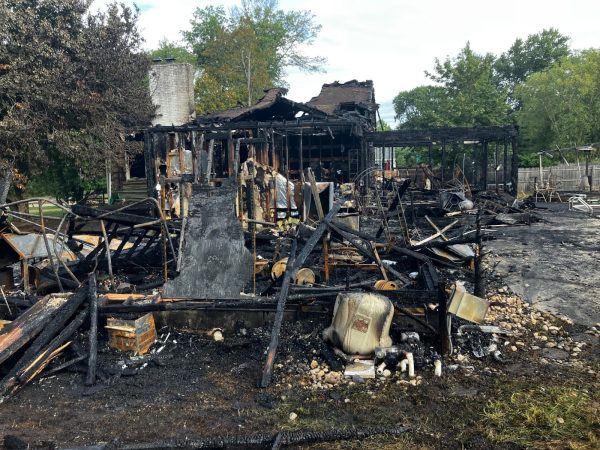


Caleb Fowler • Oct 19, 2022 at 10:40 am
I agree, and I like coffee!
Clabe Flower • Oct 18, 2022 at 10:50 am
I like the Very Berry Hibiscus Cold Brew with soymilk! Also good article